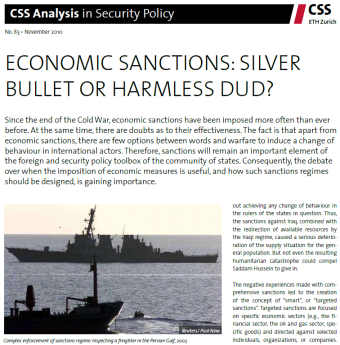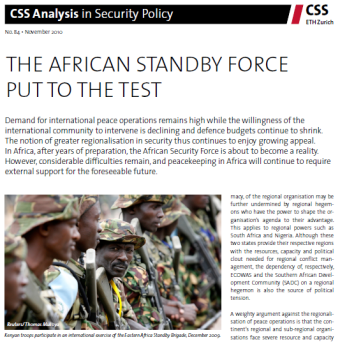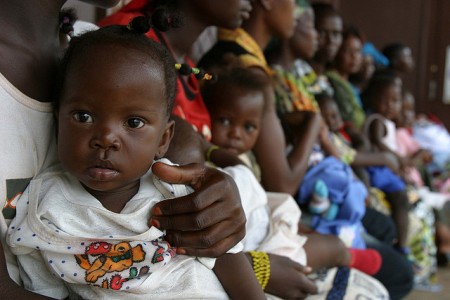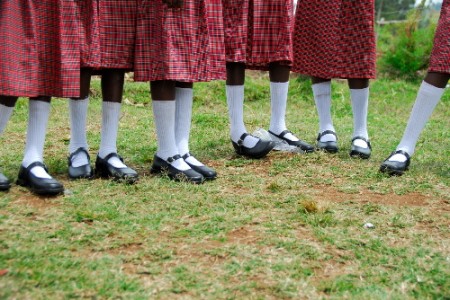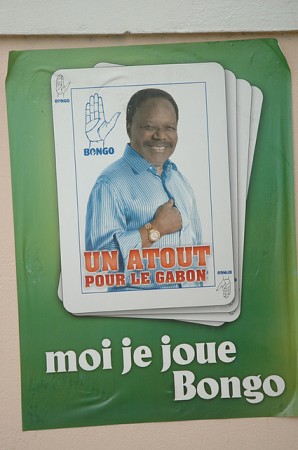
Two days ago, the leader of the National Union (NU), Gabon‘s main opposition party, Andre Mba Obame, sought refuge at the United Nations compound in the country’s capital Libreville. The move followed the disbanding of the NU party on Tuesday by the Gabonese government after Obame declared himself the only legitimate President of the central African country and named a parallel Cabinet of 19 Ministers.
From the safety of the UN offices, Mba Obame, a man who turned from being Gabon’s former foreign minister to becoming the main challenger of President Ali Bongo, informed the world press that he would not leave until the United Nations recognized his claim to the presidency. Immediately, the Gabonese government reacted by dissolving the NU, accusing Obame and his supporters of high treason, and firing tear gas at anti-government protesters, thereby injuring dozens.
The usually calm central African oil exporter has been in turmoil since a 2009 election won by Ali Bongo Odimba, but which Mba Obame is insisting was rigged. The election was called to replace the late President Omar Bongo Odimba who held power for more than four decades before his death two months before the poll. His son Ali was declared the winner with 41.8 percent of the vote, but the vote was denounced as an “electoral coup” by the opposition and led to rioting in Gabon’s oil capital Port Gentil which left several people dead. Obame and the country’s other three opposition leaders went into hiding after the elections, saying they feared security forces were trying to kill them.

